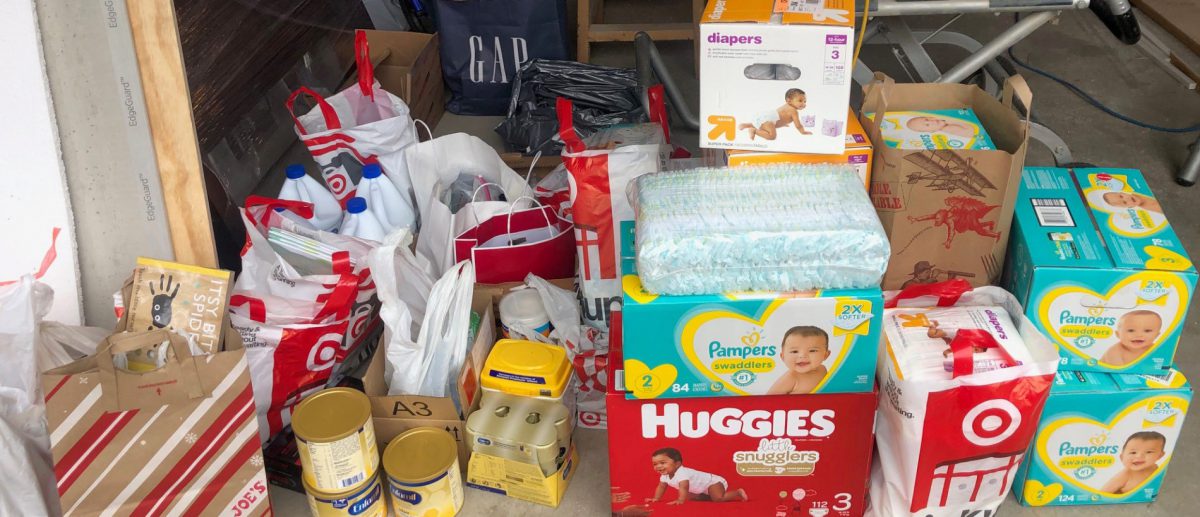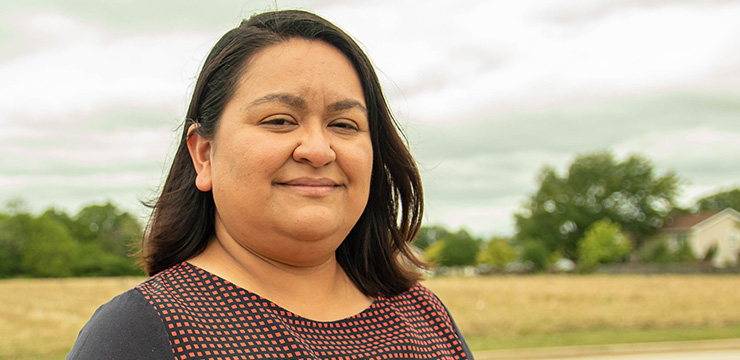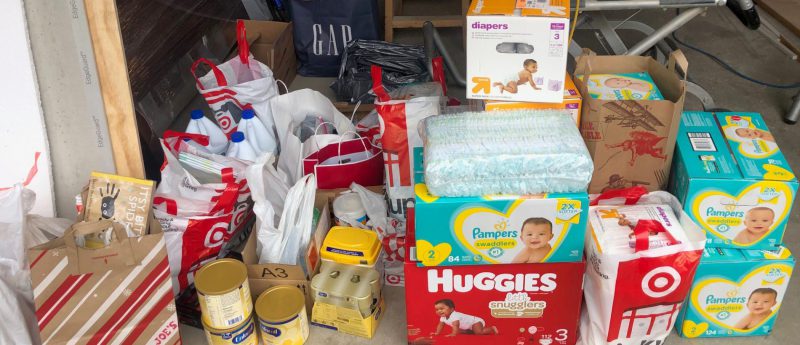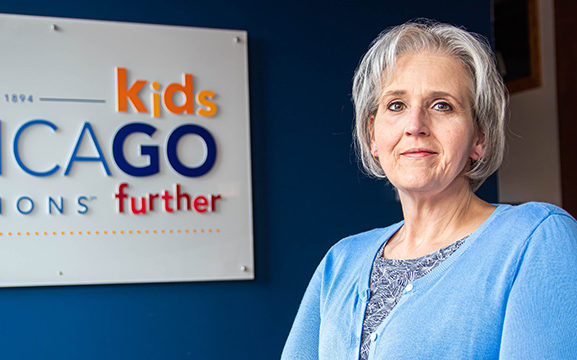As households and businesses reeled in the wake of COVID-19, families suddenly found themselves unable to find or afford urgent child care supplies such as diapers, wipes and infant formula. Even while closed, more than 100 child care agencies across the city with links to those families stepped in to help, first by documenting their families’ needs — sometimes weekly — then by putting out the call more broadly for supplies.
Hoarding at grocery stores depleted child care and cleaning supplies, not only in Chicago but nationwide, and stores were unable to restock fast enough to meet demand.
Working with child care providers such as the YMCA, Gads Hill and the Carole Robertson Center for Learning, as well as the City of Chicago’s Dept. of Family and Support Services (DFSS) and the Cradles to Crayons, the Robert R. McCormick Foundation helped mobilize both a volunteer drive and bulk-purchasing of emergency child care supplies.
Cradles to Crayons, which provides families living in homeless or low-income situations with free clothing, books and gear for children, was forced by COVID-19 to shut down its usual warehouse operations. The Chicago-based nonprofit organization quickly pivoted to bulk ordering of diapers, wipes and child hygiene kits.
Paired with lists supplied from child care providers connected to DFSS and the Latino Policy Forum’s Acuerdo network, within weeks providers primarily on the city’s South and West sides received large deliveries of supplies to distribute to their families, addressing the needs of more than 24,000 young children.
As quickly as product began to slowly reappear on store shelves, it vanished once again in panic after. racial tensions escalated, and local merchants particularly on the south and west sides were looted or were forced to close and board up, creating another dearth of supplies to families.
Cradles to Crayons, along with DFSS and the Latino Policy Forum, launched into action again to re-inventory needs. A second wave of diapers and wipes were ordered and delivered, with help from a small army of volunteers — many from the McCormick Foundation and others in their network — as well as the delivery service, Schlep.



